In Kenya, a protest movement initiated by the young Generation Z reveals deep tensions between a population in economic distress and a government accused of not taking their concerns into account.
For a month, young Kenyans born after 1997 have been organizing peaceful demonstrations against the 2024-2025 budget proposal of William Ruto’s government. This project, which includes tax increases, is seen as an additional threat to working-class people already hit by high inflation.
The mobilization, although less significant than during previous gatherings, persists despite government concessions. The withdrawal of the budget proposal and the ministerial reshuffle announced by President Ruto have not been enough to ease tensions. The slogan « Ruto must go » still resonates in the streets of Nairobi.
This crisis highlights the growing gap between a youth frustrated by the lack of economic opportunities and a government perceived as disconnected from their realities. The protesters, mostly young and from working-class backgrounds, express their despair in the face of an uncertain economic future.
The economic impact of these demonstrations is already being felt. Many shopkeepers, fearing violence, have closed their stores. This situation risks further aggravating the already precarious economic situation of many Kenyans.
The muscular response of the authorities, with the use of tear gas and even live ammunition during previous gatherings, has been strongly criticized by human rights organizations. According to the Kenya National Commission on Human Rights, at least 50 people have lost their lives since the beginning of the movement.
This crisis reveals the challenges Kenya is facing: how to reconcile the aspirations of a dynamic youth with the country’s economic constraints? How to restore trust between this generation and its leaders? The answer to these questions will be crucial for Kenya’s political and economic future. R.I








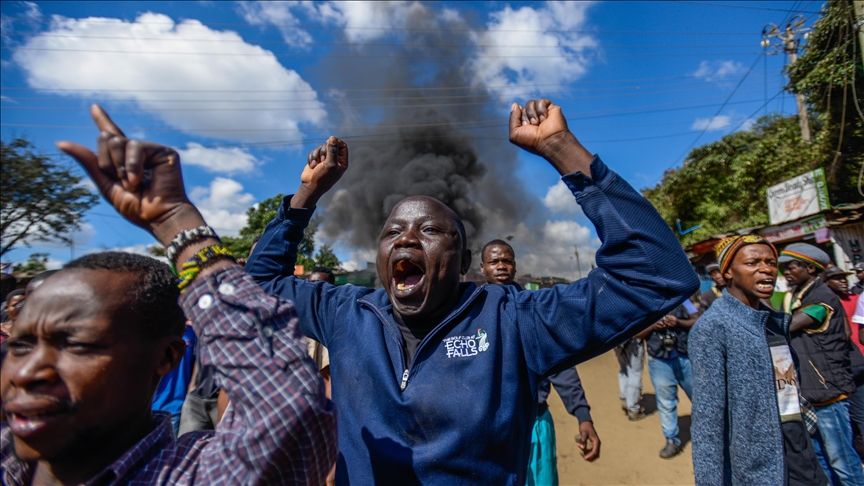


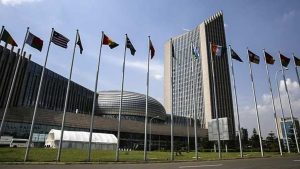
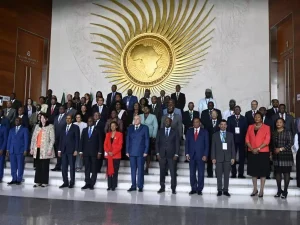




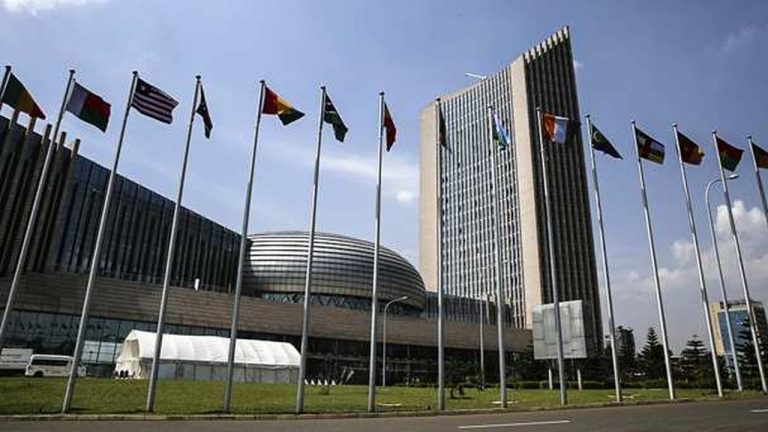
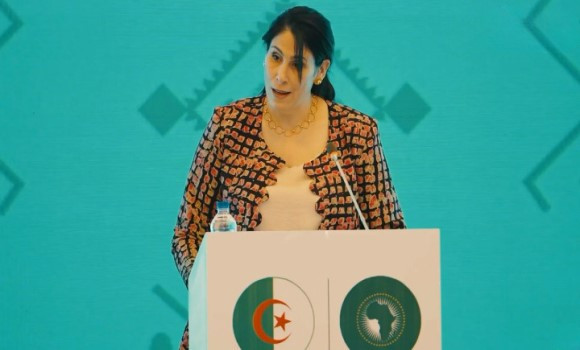

+ There are no comments
Add yours